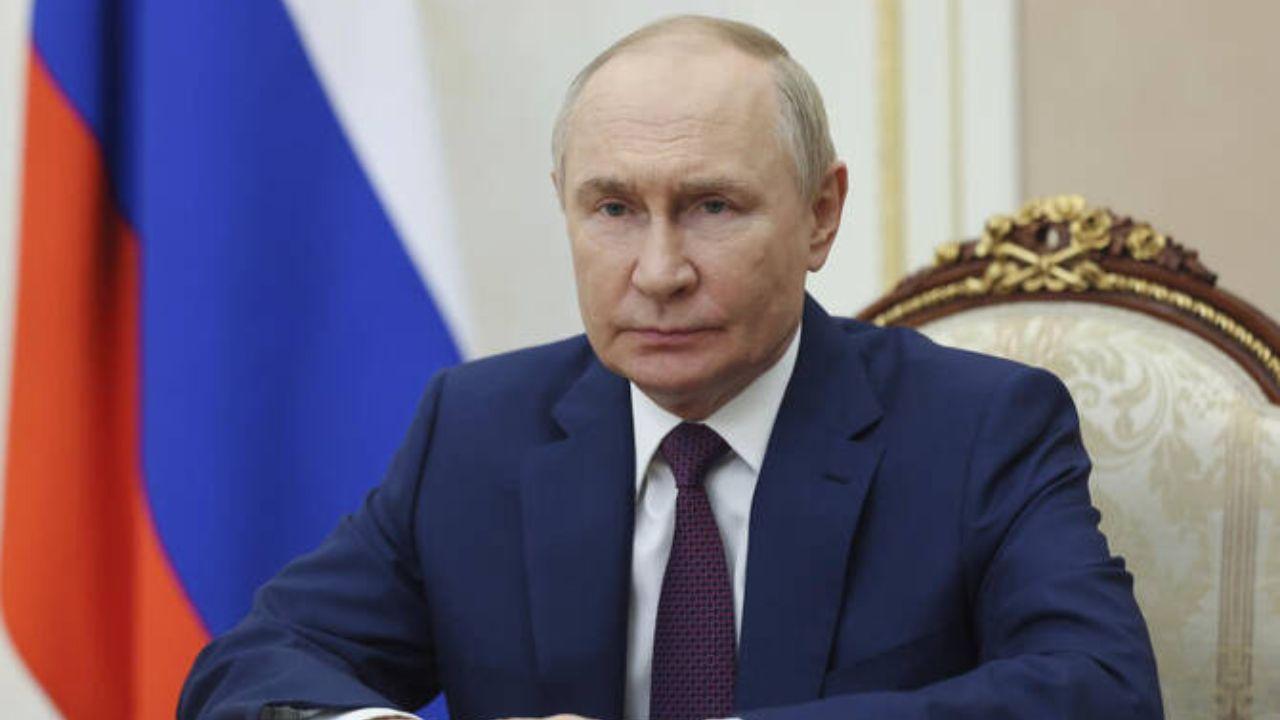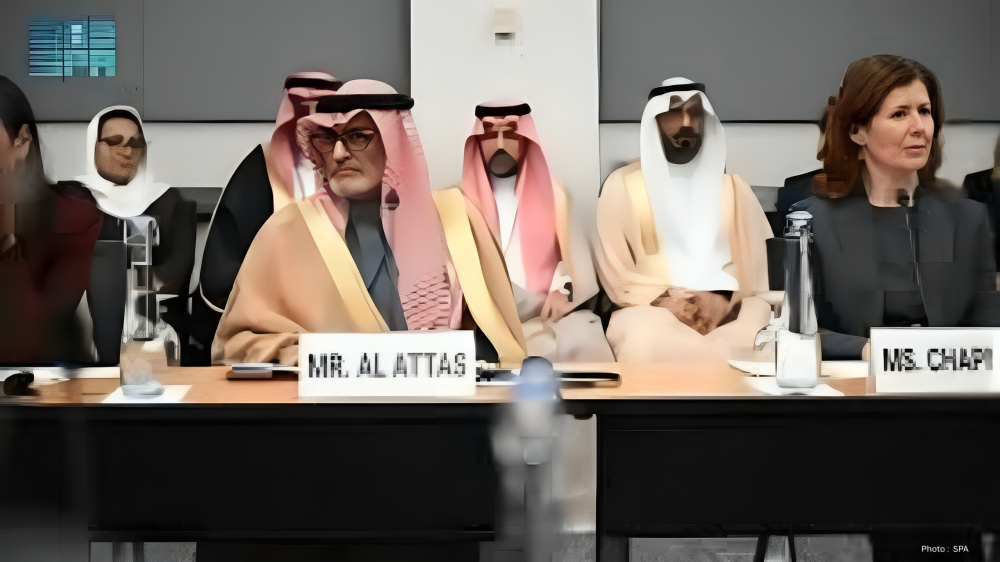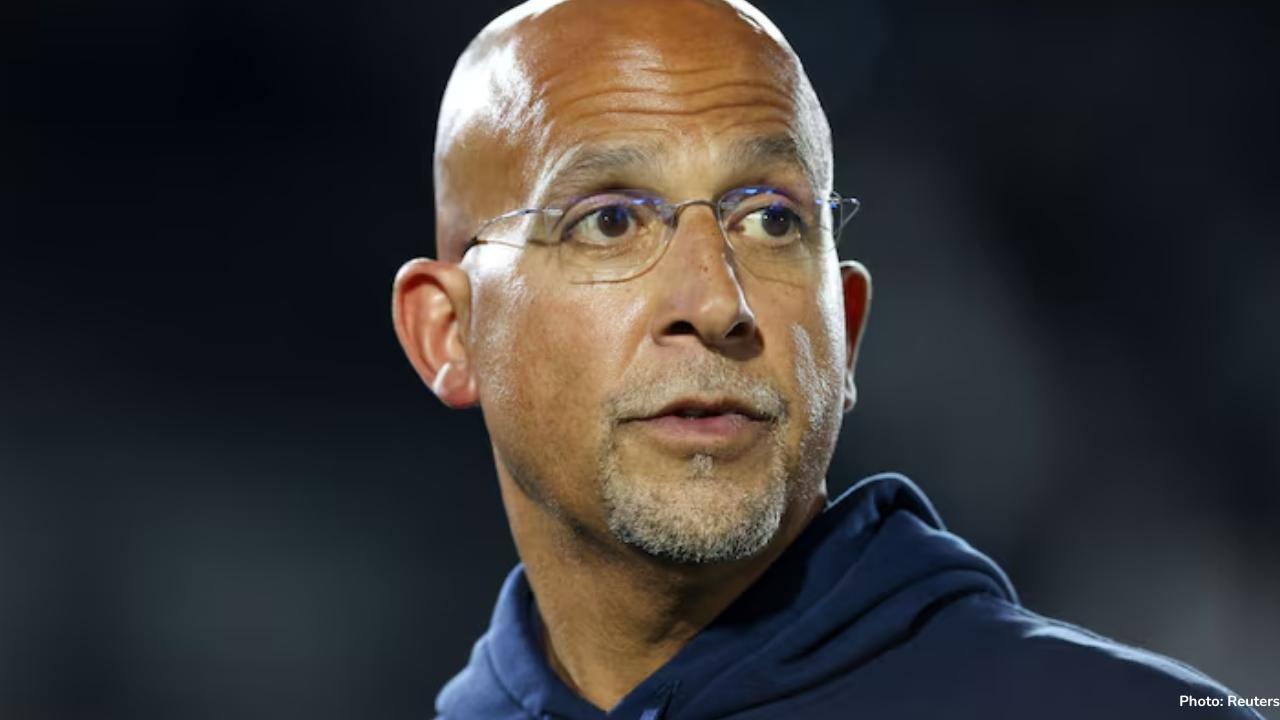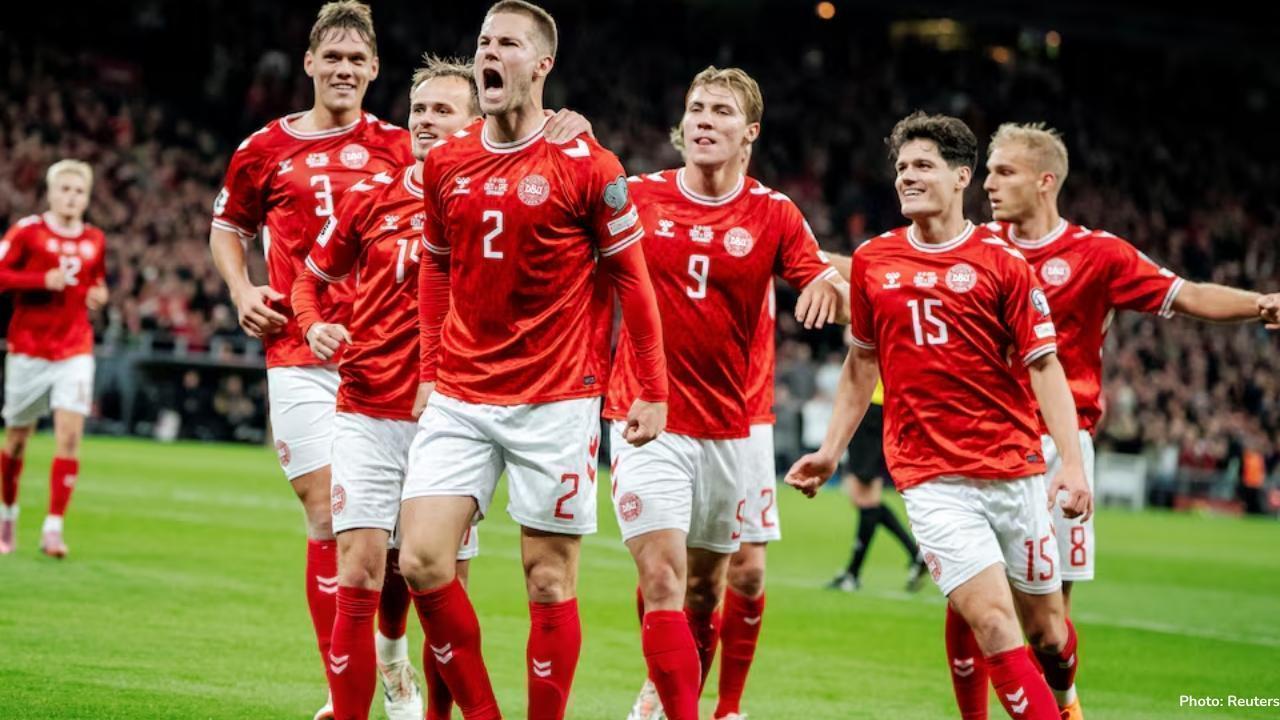
Post by : Priya
Photo:AP
The ongoing conflict between Russia and Ukraine, now over three years old, has remained one of the most concerning geopolitical crises of recent times. On July 28, 2025, former U.S. President Donald Trump issued a sharply shortened deadline—just 10 to 12 days—for Russia to reach a peace agreement or face heightened economic sanctions. The Kremlin’s response was notable, declaring itself “committed” to peace, an important development amidst enduring hostilities that have drawn global attention.
A Long and Painful War
The war in Ukraine began in early 2022, following Russia’s invasion of the country, leading to widespread devastation and international condemnation. Millions have been displaced, cities have been destroyed, and thousands of lives lost. Despite several rounds of failed peace talks, the conflict has continued relentlessly, with fluctuating frontlines and ongoing military engagements particularly in the eastern regions of Ukraine.
Against this backdrop, the international community, led by the United States and European allies, imposed sweeping sanctions on Russia and supplied Ukraine with military and humanitarian aid. Still, diplomatic efforts to negotiate peace have met with limited success, largely due to hardline stances on both sides.
Trump’s New Deadline: Shortening the Timeline for Peace
Originally, Donald Trump had set a 50-day deadline for Russian President Vladimir Putin to demonstrate progress toward a ceasefire or face further economic penalties. However, in a surprise move on July 28, 2025, Trump declared that this timeframe would be cut drastically to just 10 to 12 days. His message was clear: Russia must act quickly to stop the war or endure additional severe consequences, including expanded sanctions targeting Russia’s energy exports and trading partners.
This decision was reportedly met with cautious optimism in Kyiv, the Ukrainian capital, where officials acknowledged the pressure this puts on Moscow while maintaining a degree of skepticism. According to Andy Yermak, a chief staffer to Ukraine’s President Volodymyr Zelensky, Trump’s stance communicates “peace through strength” and signals a tougher approach, which in their view is necessary as Russia only responds to power.
The Kremlin's Response: A Commitment to Peace
In a carefully measured reply, the Kremlin “noted” Trump’s new deadline and stated that it remains “committed” to peace efforts in Ukraine. While this statement stops short of declaring any immediate agreement or ceasefire, it signals a potential willingness to engage diplomatically under the looming pressure of sanctions and international scrutiny.
This commitment must be understood in the context of Russia’s strategic position on the battlefield. Recent weeks have seen intensification in fighting, particularly in eastern Ukraine’s Donetsk region, with Russia attempting territorial gains. Moscow’s calculation likely weighs the risks of further sanctions against the prospects of securing military objectives before any diplomatic settlement can be reached.
The Stakes: What’s at Risk?
The 10- to 12-day period following Trump’s announcement is crucial. On one hand, the Kremlin risks deeper economic isolation and damage to its energy sector, which is vital to its national economy. If sanctions expand to include Russia’s major customers like India and China, as Trump has warned, it could disrupt global energy markets and exert significant pressure on Moscow to reconsider its position.
On the other, Ukraine faces intense military pressure as Russian forces push to encircle key eastern cities. The potential loss of important towns could change the conflict’s balance, making it harder for Ukraine to defend its territory, especially as winter approaches. Peace talks at this stage could be overshadowed by battlefield realities, where each side’s leverage fluctuates.
For the international community, particularly the United States and Europe, this period tests their ability to present credible threats and maintain a united front. Sanctions and diplomatic efforts require substantial political will and coordination to be effective, particularly when targeting countries beyond Russia, like China and India, who have complex economic ties in the region.
The View from Ukraine
Ukrainian leaders remain cautiously hopeful but pragmatic. President Zelensky and his team appreciate the added diplomatic pressure on Russia but are wary of empty promises or repeated deadlines that come and go without concrete results. Ukrainian citizens, having endured years of conflict, want real peace but understand that it requires more than ultimatums—it demands meaningful negotiations backed by enforceable agreements.
Military aid continues to be a priority for Kyiv, as Ukrainian forces strive to hold ground amidst heavy attacks. Any diplomatic breakthrough would need to ensure Ukraine’s sovereignty and territorial integrity, concerns that shape public opinion and international policy alike.
International Reactions and the Broader Geopolitical Picture
The global community is closely monitoring developments. European nations, heavily affected economically and politically by the war, are invested in a peaceful resolution. The United Nations and other international bodies have reiterated calls for ceasefire and dialogue.
China’s role is noteworthy. Though an ally of Russia, Beijing balances its interests carefully, reluctant to see Moscow fail but apprehensive about U.S. dominance. India, reliant on Russian energy but an American partner, exemplifies the complex web of alliances and economic dependencies that the sanctions regime must navigate.
Trump’s threatened sanctions on these countries illustrate a bold but risky strategy. If implemented, they could reshape global energy and trade landscapes, influencing not only the Ukraine conflict but broader international relations.










Baaghi 4 starring Tiger Shroff now streams on Amazon Prime Video
Tiger Shroff’s Baaghi 4 hits Amazon Prime Video on a rental basis, bringing high-octane action and e

Dubai Basketball Club stuns Barcelona with historic 83-78 win
Dubai Basketball Club beats EuroLeague champs Barcelona 83-78 in historic debut at Coca-Cola Arena,

Lazio Denies Qatari Sale Rumors, Files Legal Complaints
Lazio refutes online claims of Qatari takeover talks, files reports with Italian regulators and judi

Penn State Fires Coach Franklin After Third Straight Loss
Penn State parts ways with James Franklin after 3 conference defeats, naming Terry Smith as interim

Denmark Beats Greece 3-1 to Stay Top in Qualifiers
Denmark wins 3-1 at home over Greece, keeps unbeaten record, and stays ahead of Scotland in Group C

Panthers Edge Cowboys 30-27 with Dowdle’s Big Game
Rico Dowdle dominates former team with 239 total yards as Panthers win 30-27 over Cowboys by last-se